Taking notes of a training session is an important part of the instructor’s work, especially when monitoring the student. Comprehensive, fact-based and objective documentation of the events of a training session form a structure for the debriefing, which in turn facilitates learning and student’s development.
A good set of notes describe the events during a training session in a factual and objective way. The point is not to assess or evaluate the trainee’s person, but to list the facts of their actions. The notes answer the question ’what happened’ during a training session. It is worthwhile to write down the events, discussions, conflicts etc. as comprehensively as possible, so you have something to refer back to on the things your student finds worth mentioning in the debriefing. During the training session you have no means to know which event the student thinks is the most valuable lesson, so having as much as possible written down helps you to remember and discuss situations the student wants to talk about. (Sounds tough, but with practise, you find a good balance on what is important and what can be left out.)
You can also build data-sheets in your notes, for example noting down each final separation when sequencing arrivals. This way you can show the student their actual performance in the debriefing in an objective way. It’s far more educating to say “your average final separation during this session was 3,2NM”, than “your final separations were good”.
Note-taking also helps you to let your student concentrate on the work itself, while you are monitoring. If you address the things you see right when they happen, then you end up talking and student listening while the session is running. While getting feedback is an important part of learning, we have to give student’s time to do some actual practice in peace as well. Let the student do their thing, note your observations, and talk about it during debrief.







